#Regulations
NY Right-to-Repair Law Exempts Automakers
Governor Kathy Hochul has signed a right-to-repair bill into law for New York after it lingered within the state legislature for the better part of a year. However, many advocating for legal protections allowing consumers to fix and modify products have started criticizing changes made to the rule on behalf of large business entities hoping to see it neutered. While much of this pertains to the tech lobby representing companies like Apple, Microsoft, Amazon, and Google, sizable exemptions have been similarly carved out for automakers.
California Law Bans OEMs From False Self-Driving Claims
There are no fully self-driving cars on the market. That's a simple truth. The Society of Automotive Engineers has determined that there are five levels of autonomous driving, with level five being fully autonomous. As of last year, there were no cars that went beyond Level 2 -- a few potential Level 3 systems were awaiting regulatory approval.
U.S. Treasury Stalls EV Tax Credit Guidance
On Monday, the United States Treasury Department said it will issue proposed guidance for the updated EV tax credit scheme in March of 2023. However, the Inflation Reduction Act (H.R. 5376) directed the department to finalize its recommendations before 2022 was over by setting a December 31st deadline. While it sounds like bad news for automakers, the delay may actually work to their advantage by delaying new mineral and battery component requirements that may have made vehicles using foreign-sourced batteries ineligible.
California Introduces Strict New Laws for Auto Parts
On Sunday, California Governor Gavin Newsom signed new legislation designed to prevent catalytic-converter thefts. The auto part has become a preferred target for criminals, especially on the West Coast, due to its high content of precious metals and relative ease of removal. Last year, more than 18,000 units are believed to have been hacked off in California alone and the issue only seems to be getting worse.
EPA Considering Tougher Emission Rules for Big Trucks
The U.S. Environmental Protection Agency (EPA) will reportedly consider adopting new emissions rules for large trucks after Congress passed fresh incentives designed to accelerate the national adoption of zero-emission vehicles.
Auto Lobby Warns EV Tax Credits Are Shrinking
With the automotive lobby having signaled its displeasure with some of the concessions made in the “Inflation Reduction Act” signed by President Joe Biden on Tuesday, the White House has said some 20 models will still qualify for electric vehicle tax credits of up to $7,500 through the end of 2022. However, that’s down roughly 70 percent from the number of models that could have ridden out the previous scheme, as the new content requirements have made most fully electric cars ineligible.
Dealers Behaving Badly: FTC Seeks to Crack Down on F&I
We would wager our combined annual salaries – a sum roughly equal to the value of a half dozen donuts from Krispy Kreme – that every single soul reading this website has a story or three about being blitzed with products in a dealer’s F&I office. Vehicle etching, useless warranties (sorry – this paper only covers mechanical fuel pumps), and p-packs up the wazoo are the bane of most shoppers’ existence when trying to buy a car.
Make no wonder some people call it the “Effin’ Eye” office.
This environment may change if the Federal Trade Commission gets its way. According to a report by Automotive News, a new proposal by the FTC would ban finance/insurance coverage and physical vehicle add-ons “that provide no benefit” while also requiring expanded disclosure on such items.
Ferrari Says Majority of Sales Will Be EVs, Hybrids by 2030
Last week, news broke that Ferrari was plotting a third assembly line in Maranello dedicated entirely to EV production. But this turned out to be little more than a preamble for the obligatory announcement that the company would eventually transition toward building electric vehicles.
On Thursday, the Italian automaker told investors that all-electric and hybrid models will make up 80 percent of its global sales volume by 2030. This is to be done via a slew of new products it hopes to launch between now and 2026. Though the first Ferrari to run exclusively on battery power isn’t scheduled to arrive until 2025. According to the manufacturer, it’s plotting to launch 15 new vehicles as part of the overarching strategy. While some of those will undoubtedly be duplicates boasting open-air cockpits and slightly different powertrains, it has still got to be some kind of record for the brand.
California to Adopt 'Smart' Cameras to Enforce Noise Violations
The State of California is considering leveraging enhanced surveillance to increase the number of motorists it can fine for noise violations. While the rules allowing the state to penalize motorists for emitting too much sound have existed for years, they were amped up slightly in 2019 when Assembly Bill 1824 went into effect and established the limits for what’s allowed today. The updated rules also required police to immediately fine anyone driving an automobile that’s emitting noise measured above 95 decibels, rather than issue a fix-it ticket. Motorcycles, which can occasionally exceed 95 dB in their stock format if they’re older, are limited to just 80 dB.
But determining when and where someone broke the rule is difficult, especially considering measurements were originally supposed to be taken under the Society of Automotive Engineers (SAE) test procedure J1169, so the coastal region is on the cusp of launching a new program that would introduce microphone-equipped traffic cameras similar to what we’ve already seen in New York and the United Kingdom. California leadership believes that an automated system would result in greater levels of enforcement by effectively mimicking the speed camera formula and applying it to vehicular noise violations.
GM Asks Suppliers to Sign Environmental Pledge, ESG Scoring
On Monday, General Motors publicly asked its suppliers to pledge themselves toward adherence to carbon neutrality. But the vow actually goes quite a bit further, incorporating numerous Environmental, Social, and Governance (ESG) scoring aspects we’ve seen being advanced by some of the world’s most powerful corporations, financial institutions, and world leaders.
In fact, the official name for the oath is the “Environmental, Social and Governance Partnership Pledge” and it’s already been associated with metrics defined by EcoVadis — a third-party assessor that focused on evaluating how individual companies integrate its preferred principles of sustainability, corporate responsibility, social cohesion into their business and management systems.
What Ever Happened to the U.S. People's Convoy?
It’s been a while since we’ve covered the trucking protests and you might be wondering what happened with the U.S. People’s Convoy that emerged from the still-smoldering ashes of the Canadian Freedom Convoy. Well, it’s been circling Washington, D.C. for the last several weeks in the hope it can draw sufficient attention.
Unlike the Canadian-based convoy, which saw the government deploy armed men to clear demonstrations taking place in front of Ottawa’s Parliament Hill, the Americans have remained mobile to avoid getting cornered by authorities. Stationed out of Hagerstown Speedway in Maryland, truckers have established a base of operations where they can service vehicles whenever they’re not on the Beltway protesting. Drone shots from above have indicated that there are usually a few hundred trucks parked at the racetrack each morning, though videos from inside show evening returns including hundreds more supportive passenger vehicles. While journeys into the city do take place, they typically involve a handful of trucks designed to make some noise before quickly retreating to avoid being penned in.
NHTSA Says Human Controls Now Unnecessary for Autonomous Vehicles
The National Highway Traffic Safety Administration (NHTSA) had decided there’s no need for modern vehicles to possess steering wheels, pedals, or other human controls — provided they’re intended to be fully autonomous.
Considering self-driving cars have become something of an engineering boondoggle after the automotive industry falsely claimed they’d become commercially available by 2019, it’s easy to assume regulators are putting the cart before the horse. But we need to remember that automakers have wanted this for a long time, are used to getting their way, and have well-paid lobbyists at their disposal. For example, General Motors and its autonomous technology unit Cruise has long been petitioning the NHTSA for permission to manufacture and field self-driving vehicles without human controls.
People's Convoy Rolls On Washington, Freedom Convoy Regrouping
On Wednesday, American truckers commenced a cross-country drive from California to Washington, D.C., to petition governments (local, state, and especially federal) to end all COVID-19 mandates. Known as The People’s Convoy, the group was inspired by the Canadian Freedom Convoy that was broken up over the weekend and effectively serves to spread its message within the United States.
The goal is to arrive in the capital early in March to pressure the Biden Administration into ending any formal federal emergencies pertaining to the pandemic. Defense Secretary Lloyd Austin has approved a request from the District of Columbia government and the U.S. Capitol police for 700 National Guard troops, widespread fencing, and 50 armored vehicles in anticipation.
Cricket or Ticket: NY Now Has Cameras Designed to Identify Loud Cars
New Yorkers with aftermarket exhaust systems may want to be extra careful because a law, signed by Governor Kathy Hochul to increase fines on sound violations, now has a new enforcement tool designed to spot noisemakers.
Approved in autumn of 2021, the SLEEP (Stop Loud and Excessive Exhaust Pollution) Act raised the fine on vehicles producing excess sound in NY from $150 to a whopping $1,000. But drivers are now learning that getting busted won’t necessarily require whizzing past a squad car while their Borla snap-crackle-and-pops surrounding eardrums. NYC residents have begun receiving notices in the mail after being caught by the auditory equivalent of speed cameras.
Industry Begins Blaming the Bridge, Truckers in Ottawa
With the Ambassador Bridge having been cleared by police over the weekend, those protesting government mandates have literally been relegated to the sidelines. Canadian officers from a variety of departments, including Ontario Provincial Police, are now situated at relevant intersections and Windsor, Ontario, has declared a state of emergency in case demonstrators return.
But don’t think the story is over. The trucker blockade certainly caused trouble for the automotive sector and it suddenly seems interested in rolling the event into the industry’s ever-expanding list of excuses. Now that the rigs have all been removed, spokespeople have been chiming in and they’re being presented as rather single-minded on the matter. They want more assistance from the government to quash any protests that might impact their bottom line and are happy to have something else to blame for why the broader industry remains in such a pitiful state.



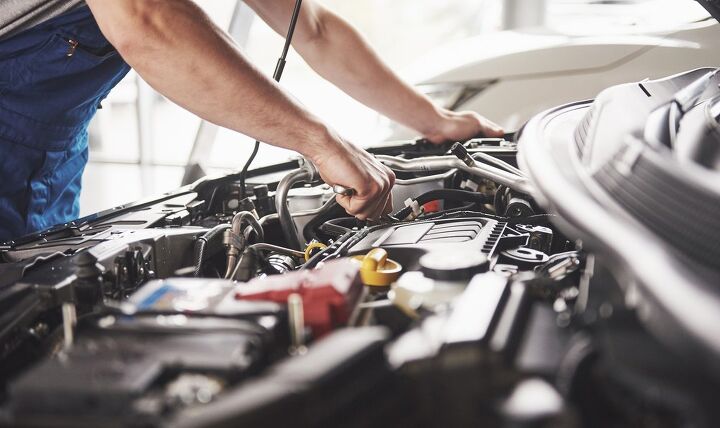

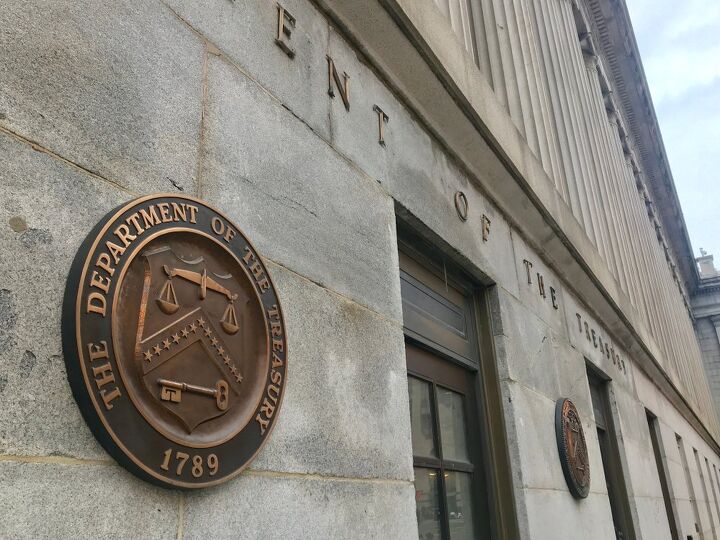
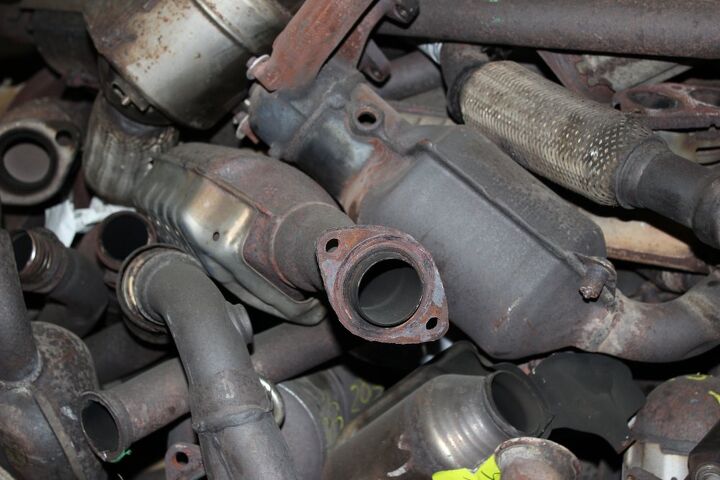




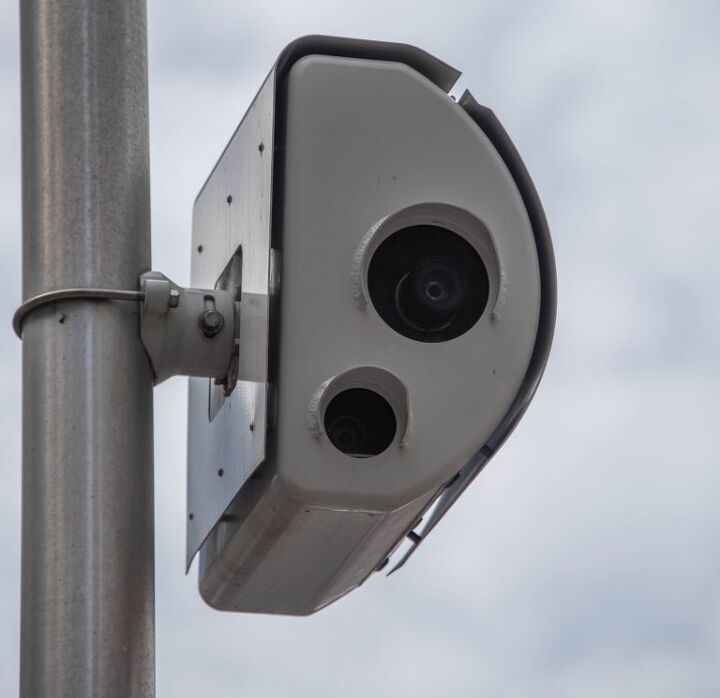


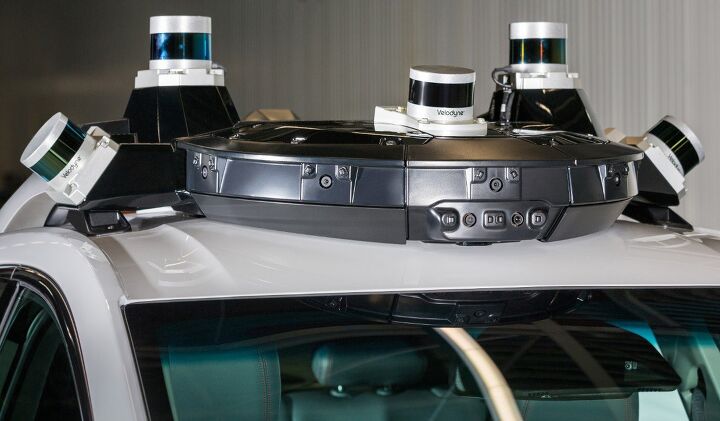
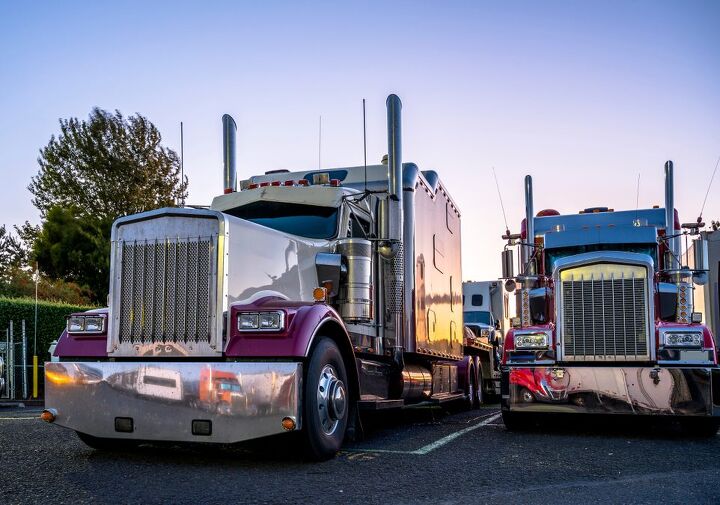
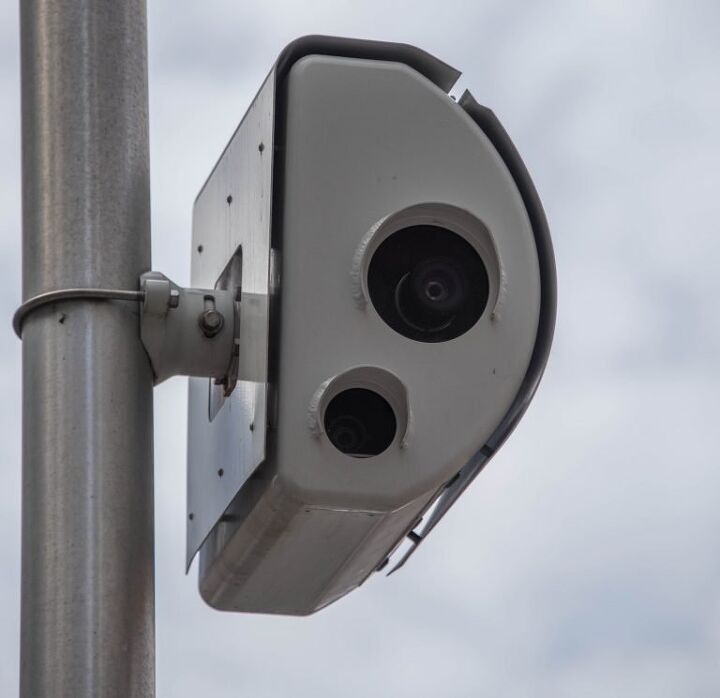













Recent Comments